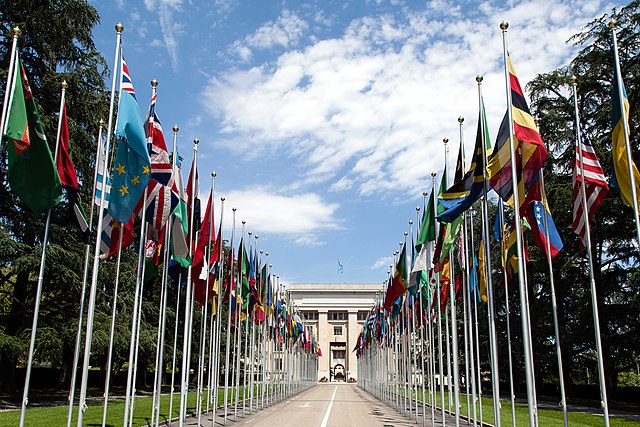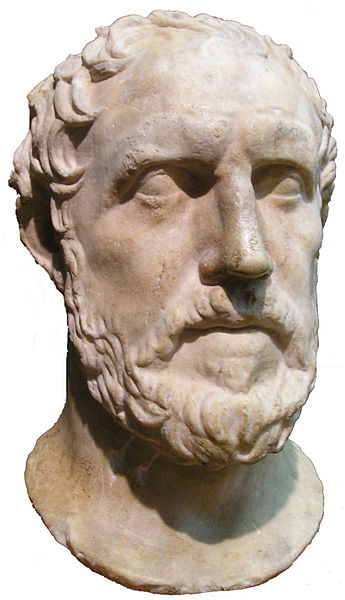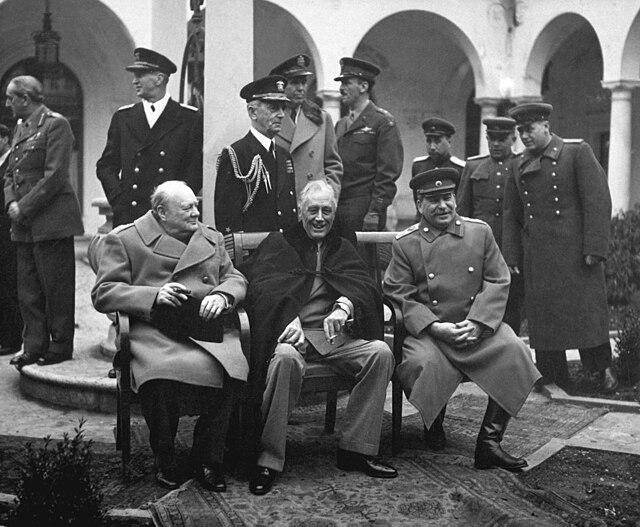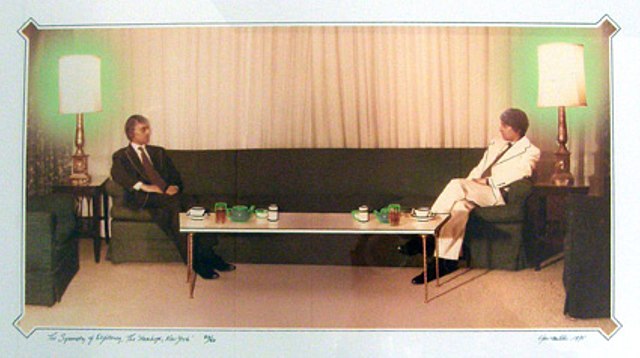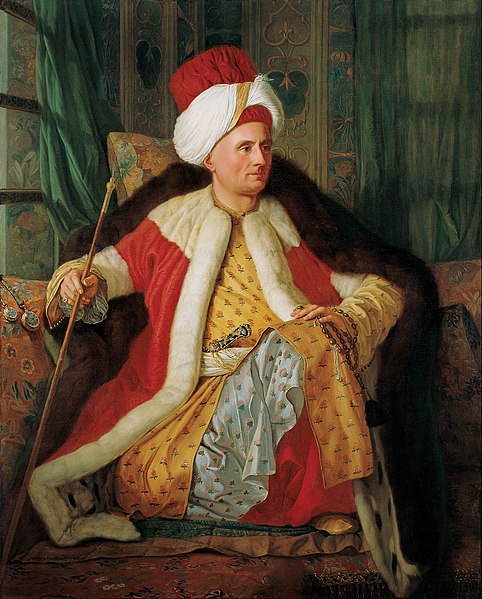International relations (IR) are the interactions among sovereign states. The scientific study of those interactions is also referred to as international studies, international politics, or international affairs. In a broader sense, the study of IR, in addition to multilateral relations, concerns all activities among states—such as war, diplomacy, trade, and foreign policy—as well as relations with and among other international actors, such as intergovernmental organizations (IGOs), international nongovernmental organizations (INGOs), international legal bodies, and multinational corporations (MNCs). There are several schools of thought within IR, of which the most prominent are realism, liberalism and constructivism.
In 2012 alone, the Palace of Nations in Geneva, Switzerland, hosted more than 10,000 intergovernmental meetings. The city hosts the highest number of international organizations in the world.
The field of international relations dates from the time of the Greek historian Thucydides.
The official portraits of King Władysław IV dressed according to French, Spanish, and Polish fashion reflects the complex politics of the Polish–Lithuanian Commonwealth during the Thirty Years' War.
NATO International Security Assistance Force in Afghanistan
Diplomacy comprises spoken or written communication by representatives of state, intergovernmental, or nongovernmental institutions intended to influence events in the international system.
Winston Churchill (Prime Minister of the United Kingdom), Franklin D. Roosevelt (President of the United States) and Joseph Stalin (General Secretary of the Soviet Union) at the Yalta Conference, 1945
Ger van Elk, Symmetry of Diplomacy, 1975, Groninger Museum
The Egyptian–Hittite peace treaty, between the New Kingdom of ancient Egypt and the Hittite Empire of Anatolia
A French ambassador in Ottoman dress, painted by Antoine de Favray, 1766, Pera Museum, Istanbul

